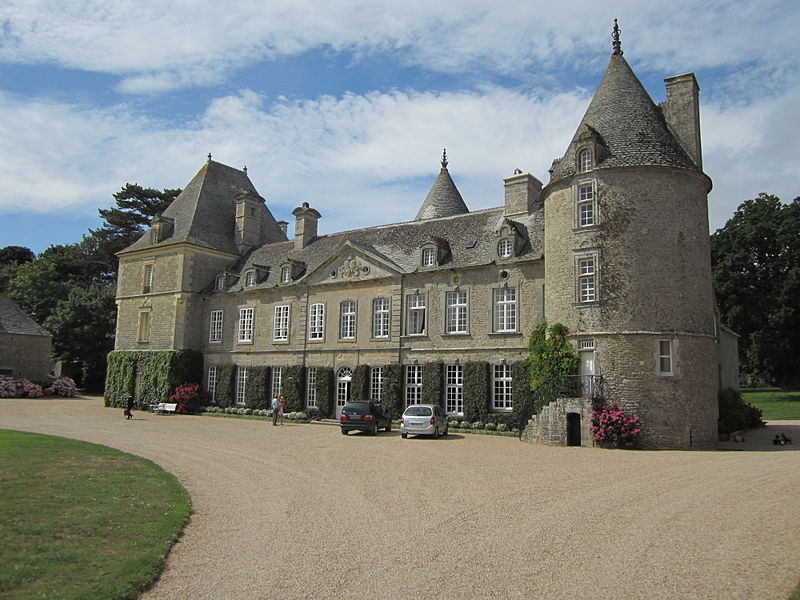How we diagnose the state of democracy today depends on how we define democracy.
Is democracy in crisis? The sentiment has become commonplace, particularly in response to phenomena like the rise of the Islamic State, and ever-growing corporate dominance. Ewa Atanssow argues that our perspective on this question must depend on how we conceive democracy itself.
The current issue of Global Policy journal examines the state of democracy in the world. Regional and global crises, and growing deficits – financial, humanitarian and civic – give reasons to worry that democracy is on the retreat not only in isolated countries but world-wide. My contribution to the issue argued, on the contrary, that if we look at contemporary trends through an ethical and psychological lens, rather than economic or political one, we may conclude that far from rolling back democracy is, so to say, rolling forward; and that many developments we observe, including the rise of a neo-liberal consensus, issue less from the retreat than from a deepening of inherently democratic tendencies. Put differently, how we diagnose the condition of democracy depends on how we define democracy. In making the case for an ethical-psychological definition, I draw on the work of Alexis de Tocqueville, a nineteenth century political thinker and celebrated observer of modern society.
In his 1835 Democracy in America Tocqueville predicted democracy’s global rise. He claimed that, brought to light by the American and French revolutions, the principle of social equality and its counterpart – popular sovereignty – left no politically viable or morally respectable alternatives. From that moment on, the question was not whether to have democracy but of what kind; and how to embody democratic ideals in concrete institutions and practices. First posed in the West, Tocqueville expected this same question soon to reach and revolutionize every corner of the globe.
While defeating aristocracy as a social system, the revolutions of the eighteenth century relocated political struggle within the framework of democracy itself. As a result, Tocqueville argued, we are all democrats now but with different, often antithetical, understandings of what that means or implies – so much so that a new political science is needed to elucidate the meaning of democracy. This view well accords with the fact that the greatest political movements of the twentieth century including Fascism and Leninism, often portrayed as democracy’s antithesis, understood themselves as democratic – more truly so than the alternatives they fought against.
Democracy for Tocqueville was synonymous with modernity. While his predecessors pointed to commerce and its reorganisation of human relations as that which made society modern, Tocqueville insisted that not capitalism but democracy, and its core value – equality – was the defining feature of modern society. In his view, not limited to political institutions, democracy is both a social condition and a mindset characterised by the ardent and insatiable passion for equality. This passion continuously transforms all aspects of modern life including its ideological and moral horizon. Democracy so understood is an on-going process of equalization.
Though comprehensive, the dynamic principle of equality does not fully determine the institutional arrangement. It may lead to two radically different political outcomes: one that guarantees rights and equal freedoms; and another, predicated on an omnipotent state that demands the equal powerlessness of all. Not only does democracy not necessitate a liberal outcome. The drive toward ever-greater equalization makes the prospects of liberty ever-less certain. Comparatively speaking, Tocqueville viewed egalitarian societies as more vulnerable to despotism than their aristocratic predecessors – a hypothesis for which the totalitarian experience of the twentieth century provides empirical evidence.
How and why would the love of equality undermine liberty? While Tocqueville’s answer is elaborate, the gist of it is this: by leading to a misguided conception of freedom.
Like the liberal tradition before him, Tocqueville considered individual independence the quintessential modern liberty. The desire to shape and direct one’s life drives the struggle for equality. This strife for individual independence, while a central feature of democratic life, is also its foremost danger. Encouraging fixation on private goals and treating society as means to the pursuit of self-interest, it hides from view each person’s reliance on – and duty toward – fellow citizens and the social world.
Individualism not only facilitates selfish isolation. It threatens to shrink the citizens’ understanding of interest and utility, reducing these to strictly material terms. Since material resources are limited, the preoccupation with self-interest narrowly conceived militates against social cohesion. And so, the more equal we become the more engrossed in the material we tend to be; the more fixated we are on wealth as the measure of wellbeing and equality, the more disunited and disaffected we shall become.
Thus, focused on the here and now, democracy’s individualist mindset leads to taking short-sighted and self-serving decisions, whose costs are externalized to invisible others: classes, countries, generations. By facilitating an instrumental approach to the public good and to society at large, this mindset progressively narrows the scope of what is held in common. Limiting the substance of social life to its economic dimension, it tends to erode feelings of solidarity across social divides. In this way, the drive to equality weakens attitudes that one may call liberal in both meanings of the word: i.e., disinterested and generous on the one hand, and freedom-loving on the other. Abandoned to itself, it may result in losing the ability to attain common ends in common which is the very essence of free democratic government.
As Tocqueville warns, in times of need and hardship, in crises financial or other, the isolated individual would quickly learn the limits of his freedom and power. Having lost the ties to his fellow citizens or the taste for seeking out their support, begrudging the status of those who seem to fare better, he would likely turn to the only agent that has retained any agency: the state. Paradoxically enough, the obsession with individual independence is only likely to augment the competences of the state, and tip public opinion in favour of what Robert Dahl has called guardianship democracy. In a kind of dialectical reversal, it may lead to forms of government least conducive to individual liberty.
From a Tocquevillean perspective, then, today’s democratic crises may well issue from inherently democratic tendencies. Following its internal dynamics, democracy engenders social and psychological mechanisms that threaten to erode its civic and moral foundations. What can be done to check these dangerous tendencies? Given the pervasive nature of the ill, the remedies must be likewise comprehensive. Among them, I suggest, is rethinking the meaning of democracy and its core values: freedom and equality. Debating anew what democracy is, or should be, may well improve our democratic prospects.
—
This post represents the views of the author and not those of Democratic Audit. Please read our comments policy before posting. Image credit: Château de Tocqueville, Manche, via Wikimedia Commons CC BY SA 3.0 unported
—
 Dr. Ewa Atanassow is a Faculty Member at Bard University, Berlin. Her full academic profile can be found here.
Dr. Ewa Atanassow is a Faculty Member at Bard University, Berlin. Her full academic profile can be found here.






 Democratic Audit's core funding is provided by the Joseph Rowntree Charitable Trust. Additional funding is provided by the London School of Economics.
Democratic Audit's core funding is provided by the Joseph Rowntree Charitable Trust. Additional funding is provided by the London School of Economics.
How we diagnose the state of democracy today depends on how we define democracy: https://t.co/Xq0URLgxWf
A good article on democracy. Basically, if you are correctly defining freedom and equality, there can be no ambiguity about what is and isn’t actual democracy. The problem is that both freedom and equality can be subjectively defined and interpreted to serve an individual or collective purpose, and thus, so can the concept of democracy. Properly, empirically defined, actual democracy demands equality across the board, not least of all when it comes to voting power and the right to formally reject. A true democracy must have, amongst other things, the principle of #NoneOfTheAbove at its core. https://www.democraticaudit.com/?p=16270
https://www.notauk.org
How we diagnose the state of democracy today depends on how we define democracy.: Is democracy in crisis? The … https://t.co/xgIH6XBDOC
RT @PJDunleavy: How we diagnose the state of democracy today depends on how we define democracy. https://t.co/UA8O0gp4FG
How we diagnose the state of democracy today depends on how we define democracy. https://t.co/UA8O0gp4FG
How we diagnose the state of democracy today depends on how we define democracy. https://t.co/EFwYexuai0